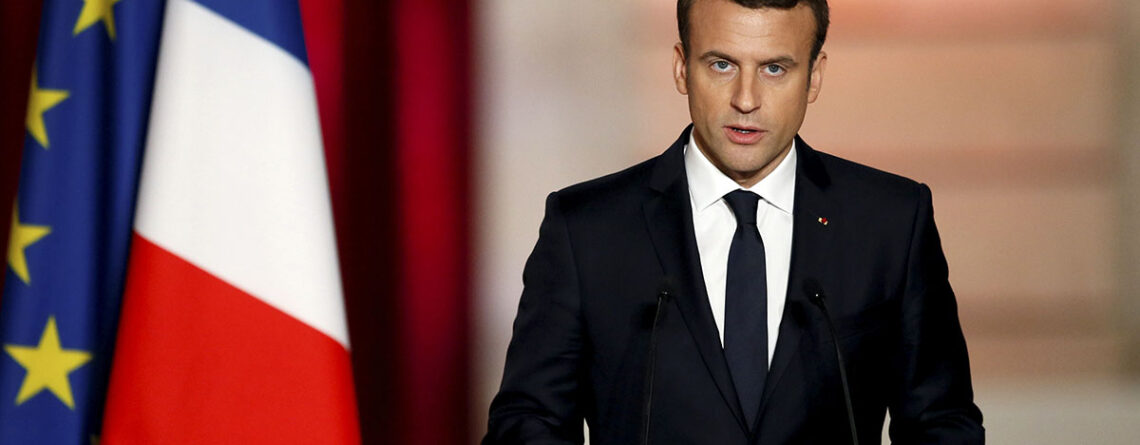France. Macron Weighs Pension Reform Before Bastille Day
French President Emmanuel Macron could revive a controversial pension reform as he prepares to unveil his priorities for the rest of his mandate and ahead of 2022 elections.
Macron is set to speak to the French some time during the first half of next month, probably before July 14 when French leaders usually address the nation to mark Bastille Day. That is when he is considering tackling a topic that is highly contentious for voters, according to a person familiar with the government’s thinking.
Finance Minister Bruno Le Maire has urged Macron to make it clear to voters that he’s still committed to his original pledges after a year-long battle to contain the spread of the coronavirus. The idea is to show a president willing to take risks in areas where he’s seen as strong, such as the economy, before people go on summer holidays.
When asked about the timing, Le Maire told CNEWS television Tuesday that his experience “is that in politics it’s never in your interest to delay until tomorrow what you can do today.”
Macron plans to convene unions to discuss his plans for pensions and other topics around July 6, a person familiar with the matter said.
While France has more favorable demographics than other European countries, its pension system is burdened by the retirement in recent years of the baby-boomer generation. The sudden stop of the economy in 2020 slashed the contributions from workers that finance France’s system, knocking it into a huge deficit after years of gradual improvement.
An aide to Macron said that all options are on the table regarding pensions, and that no decisions have been made at this stage.
In a plan presented in April to the European Commission to gain access to 41 billion euros ($49 billion) of the bloc’s recovery fund, France said it is determined to carry out an “ambitious reform” to improve the “fairness and sustainability” of the pension system.
The reference to fairness indicates that Macron would seek to reprise his effort to harmonize pensions, which would inevitably create winners and losers.
But the government did not set out exactly how or when it would make changes to the effective retirement age or how pensions are financed. Instead, it couched the language to say that the timing of restarting talks with unions will depend on the health and economic situations.
Les Echos reported on Monday that part of the pension reform may include changing the retirement age from 62 to 64. It would be voted on in the fall as part of the Social Security Bill, and enter into force after the end of Macron’s mandate, according to the newspaper.
That timeline is meant to try and help Macron yank the carpet out from under conservatives just before the presidential election. Prime Minister Jean Castex warned it would be gamble, one ministerial adviser said, highlighting diverging views among government officials.
Read More: @Bloomberg











